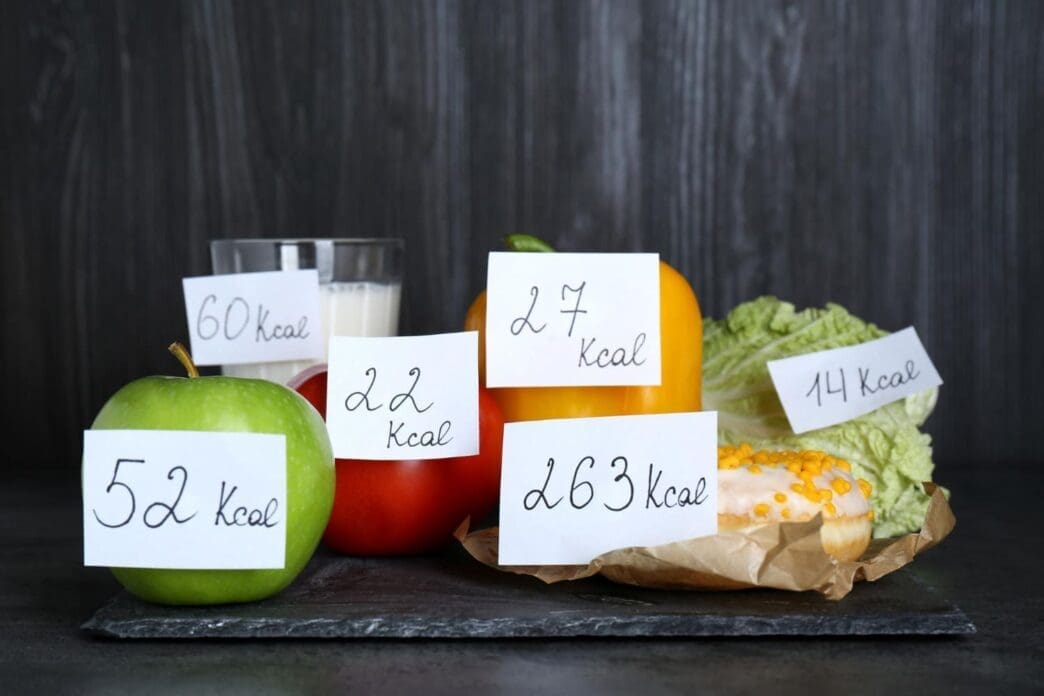Ever glanced at the calorie count on a menu and thought twice about ordering dessert? You’re not alone. A new review suggests that calorie labels might influence our food decisions—but only slightly.
According to research, these labels have cut down calorie intake by a modest 1.8% on average. That’s about 11 calories less in a 600-calorie meal—hardly game-changing, but possibly meaningful if the trend sticks.
A Modest Change
Calorie labels are popping up everywhere, from fast food joints to high-end restaurants. But do they really work? Studies show a slight drop in the calories people choose, suggesting a small but potentially significant shift over time.
The average reduction is around two almonds worth of calories—just 11 in a 600-calorie meal. It seems minor, but these tiny changes could add up, especially as we age, when weight gain is common.
Setting Realistic Expectations
Despite the promise of calorie counts, they’re not a magic fix. According to the Cochrane Review, while there’s a tiny reduction in calorie consumption, it’s not enough to make a huge dent in the obesity epidemic.
Experts stress that while helpful, labels should be part of broader efforts to change our food environment. Policies like taxes and marketing restrictions might help more.
With the majority of adults facing weight gain over the years, addressing daily consumption is key. Cutting just 24 calories a day could stop many from packing on extra pounds.
Potential Downsides
Calorie labels could unexpectedly impact those with disordered eating. The review found that while helpful for most, the effects on mental health weren’t thoroughly studied.
The focus on numbers might not be suitable for everyone. For some, it may even trigger unhealthy habits or anxiety.
Being mindful of these risks is crucial when considering how best to implement labeling on a wide scale. After all, improving public health is the goal, but there’s no one-size-fits-all solution.
Insights from Experts
Dr. Gareth Hollands, a lead author of the study, notes that while the effect is modest, it’s real. He suggests labels have a role to play alongside other measures.
Dr. Hollands highlighted that updates in their review have cleared previous uncertainties. This makes the case for a small yet genuine effect of calorie labeling on choices.
It’s not about expecting miracles, but rather using every tool available to promote healthier eating habits.
Reformulating Foods
Professor Keith Frayn from Oxford sees a silver lining. He suggests labels might push manufacturers to reduce calories in their foods to attract health-conscious customers.
This indirect effect could be beneficial over time, making healthier options available and more appealing.
Frayn believes that the impact of labeling might be greater over the years, as food suppliers adapt and consumers make more informed choices.
Calorie Labels: A Balanced View
While some see calorie labels as helpful, others debate their effectiveness. The small reduction might not justify potential downsides.
Some argue for a balanced approach, combining labeling with other strategies that don’t just target individuals but also the food industry itself.
This includes reformulating foods, adjusting portion sizes, and increasing awareness through education.
Keeping Perspective
Labels are just one piece of the puzzle. They need support from wider public health strategies.
Effective measures might involve more robust policies and a commitment from both individuals and industries to make healthier choices accessible.
After all, true progress will come from changes at various levels—from personal to governmental initiatives.
Overall Public Sentiment
Public opinion remains divided. Some consumers appreciate the transparency offered by calorie labels. Others feel pressured by the focus on numbers.
The challenge lies in creating policies that support informed decision-making without adding stress or guilt to everyday choices.
The Path Forward
Moving forward, how should we adapt our approach? Experts suggest taking the small but significant findings of this review to enhance public health efforts.
By refining calorie labels and integrating them with other measures, it might be possible to foster positive changes in eating habits.
Ultimately, tackling obesity and improving health requires combined efforts and innovative strategies rather than relying on any single solution.
While calorie labels might not revolutionize eating habits overnight, they are a piece of the health puzzle. Every little change counts.








